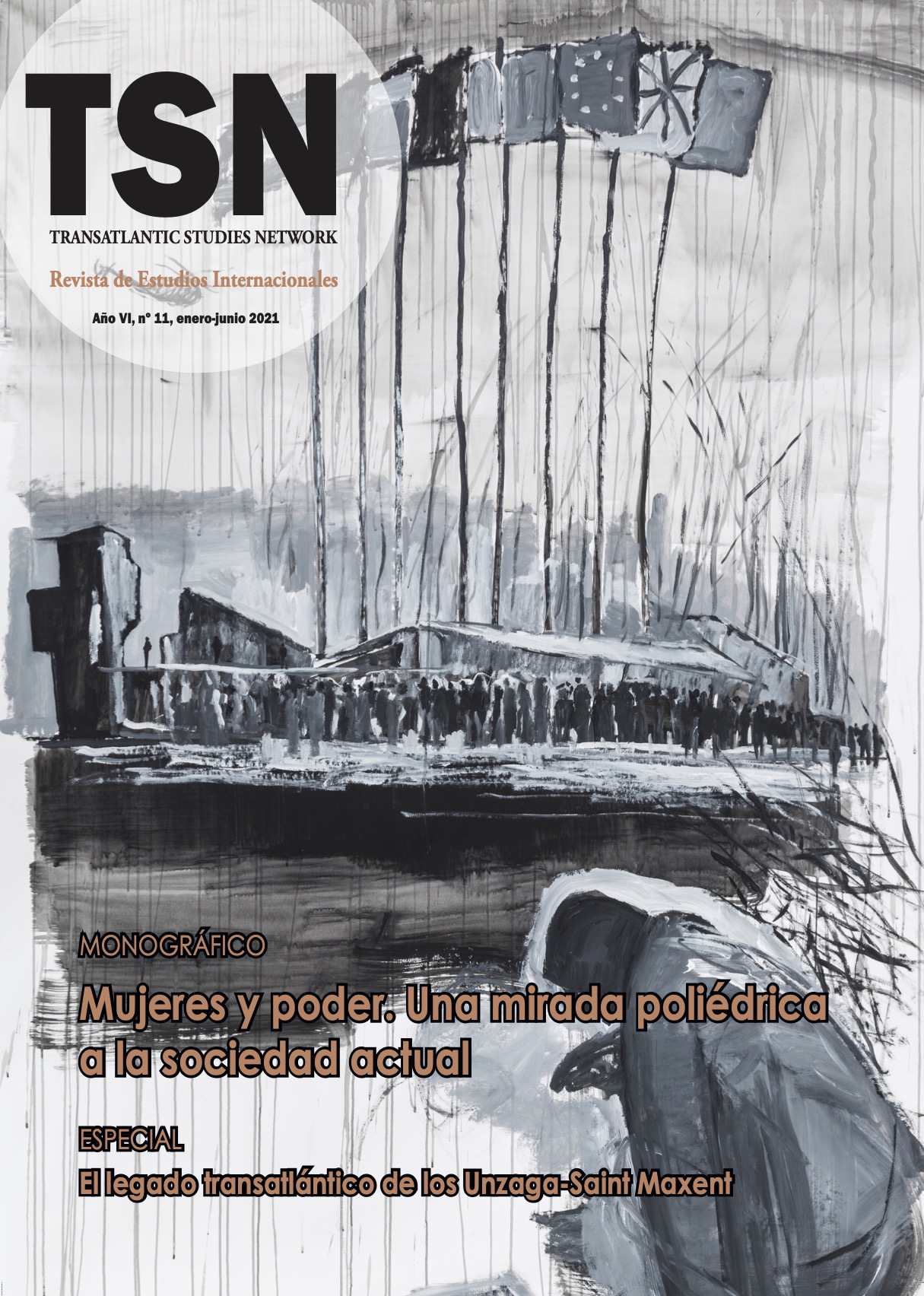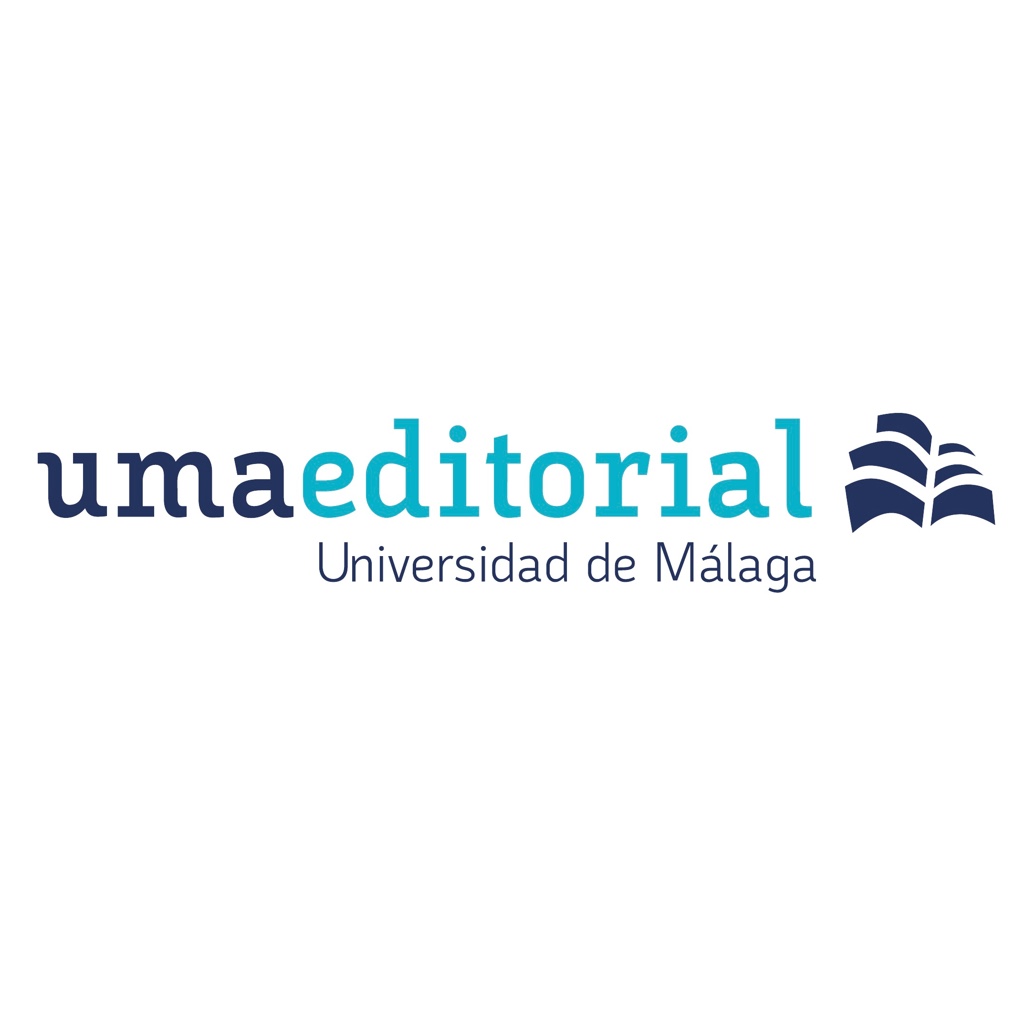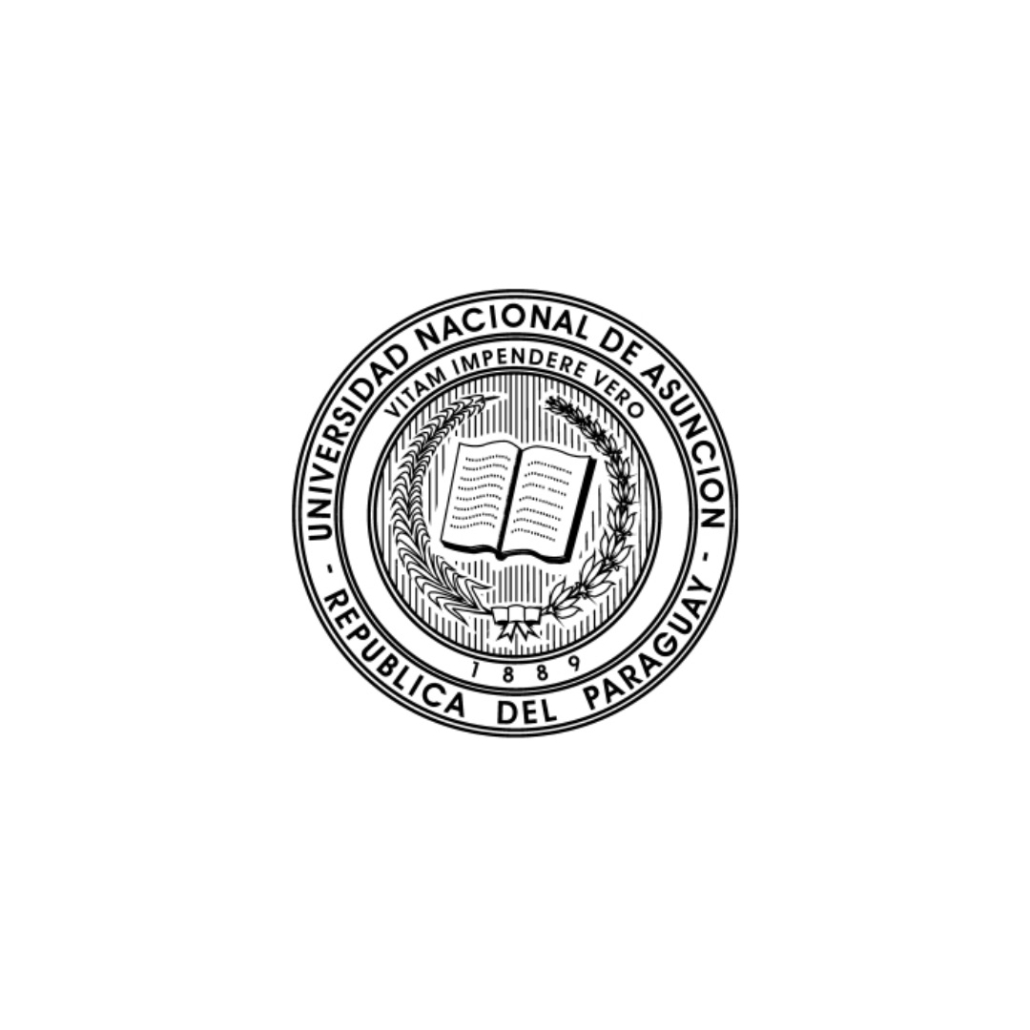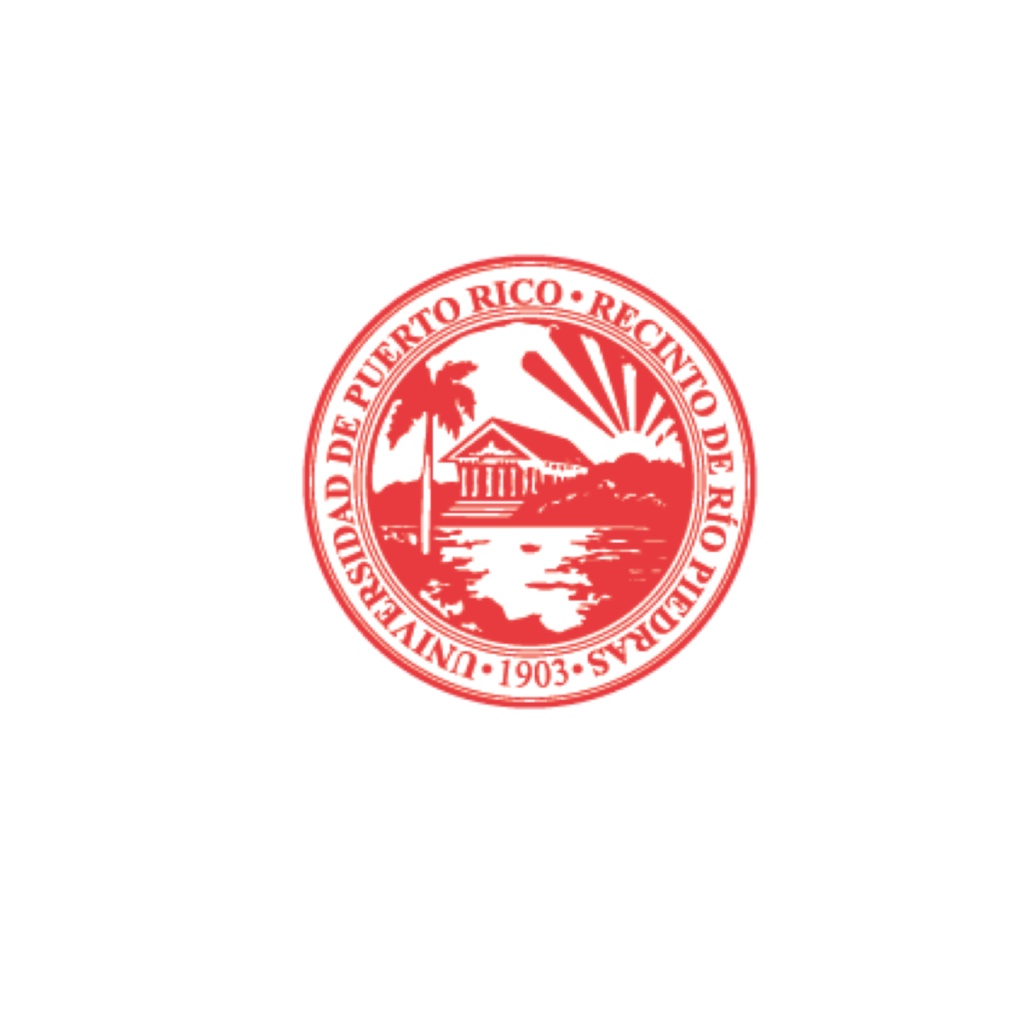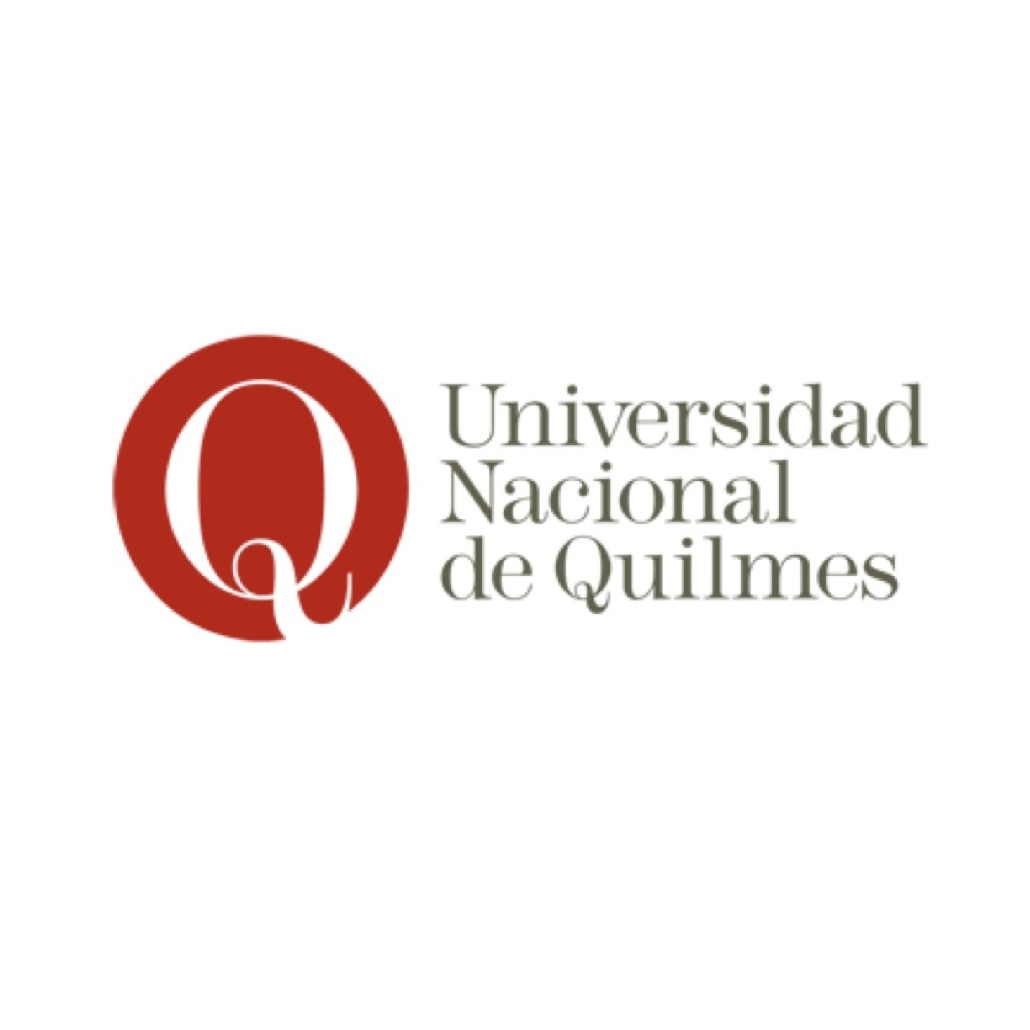Women leadership in science for a post-COVID era
DOI:
https://doi.org/10.24310/TSN.2021.vi11.14331Keywords:
Gender, leadership, science, women, power, policyAbstract
Women should make up the domestic labor force and the political and social organization of the country; additionally, female participation will correspond with creation and production realms, and decision-making processes. To what extent that women are in power, society will balance male and female composition, and all diverse women produce situated perspective that eventually contributes to the knowledge and the social organization. Women access to power is not a matter of number equality but power redistribution in every dimension of social life: policies, science, quotidian and values in society. In this historical era, the women ideas and contributions were not wasted as happened in the past, they have a primary role in the present and future. This article focuses on female responsibility positions in the scientific institutions, in their roles previous to the pandemic and what they need to take on to lead the future.
Downloads
Metrics
References
Calás, Marta; Smircich, Linda; y Holvino, Evangelina (2014): Theorizing gender-and-organization: Changing times, changing theories, pp. 17-52. The Oxford Handbook of Gender in Organizations.
Camus, Celine, y González Ramos, Ana M. (2019): «Gendered leadership in neo-liberal academia: more confusion and higher requirements, a new trap?», en Alonso, Araceli, y Langle de Paz,
Teresa (eds.), 2019: The Time Is Now. Feminist Leadership for a New Era (La hora del liderazgo feminista), editado por Red Global Cátedras Unesco en Género (en línea), pp. 227-237.
Eagly, Alice, y Carli, Linda (2007): Through the labyrinth: The truth about how women become leaders. Harvard Business School Press.
Eurofound (2020): COVID-19. Living, working and COVID-19. Eurofound (en línea).
European Commission (2020): «The impact of COVID confinement measures on EU labour market», en Science for Policy Brief. Joint Reseach Center.
García de León, María Antonia (1994): Élites discriminadas (Sobre el poder de las mujeres). Anthropos.
González Ramos, Ana M. (ed.), 2018: Mujeres en la ciencia contemporánea. La aguja y el camello. Icaria.
González Ramos, Ana M., y Revelles-Benavente, Beatriz (2019): «Mujeres en el poder, mujeres empoderadas, mujeres aliadas, mujeres con capacidad de decisión», en Alonso, Araceli, y Langle de Paz, Teresa (eds.), 2019: The Time Is Now. Feminist Leadership for a New Era (La hora del liderazgo feminista), editado por Red Global Cátedras Unesco en Género (en línea), pp. 248-255.
Haraway, Donna (1988): «Situated Knowledges: The Science Question in Feminism and the Privilege of Partial Perspective», en Feminist Studies, 14 (3), pp. 575-599. doi:10.2307/3178066
Haraway, Donna (2016): Staying with the trouble: Making kin in the Chthulucene. Durham Duke University Press.
Horton, Richard (2020): «COVID-19 is not a pandemic», en The Lancet, 396 (10255), p. 874.
Kassova, Luba (2020): The Missing Perspectives of Women in COVID-19 News. A special report on women's under-representation in news media (en línea). https://www.iwmf.org/women-in-covid19-news/
Longino, Helen E. (1987): «Can there be a Feminist Science?», en Hypatia, 2 (3), pp. 51-64.
Özkazanç?Pan, Banu, y Pullen, Alison (2020): «Gendered labour and work, even in pandemic times», en Gender, Work and Organisation. https://doi.org/10.1111/gwao.12516
Pérez Sedeño, Eulalia, y García Dauder, S. (2017): Las «mentiras» científicas sobre las mujeres. Catarata.
Santos, João M.; Horta, Hugo; y Amâncio, Lígia (2020): «Research agendas of female and male academics: a new perspective on gender disparities in academia», en Gender and Education. http://dx.doi.org/10.1080/09540253.2020.1792844
Singer, Merill (2009): Introducing Syndemics: A Critical Systems Approach to Public and Community Health. Jossey-Bass A Wiley Imprint.
Torrado Martín-Palomino, Esther (2018): «Redes, sororidad y techo de cristal», en González Ramos, A. M. (ed.), 2018: Mujeres en la ciencia contemporánea. La aguja y el camello. Icaria, pp. 133-156.
Valls Llobet, Carme (2020): Mujeres invisibles para la medicina. Desvelando nuestra salud. Capitán Swing.
Van Daalen, Kim Robin; Bajnoczki, Csongor; Chowdhury, Maisoon; Dada, Sara; Khorsand, Parnian; Socha, Anna; Lal, Arush; Jung, Laura; Alqodmani, Lujain; Torres, Irene; Ouedraogo, Samiratou; Mahmud, Amina Jama; Dhatt, Roopa; Phelan, Alexandra; y Rajan, Dheepa (2020): «Symptoms of a broken system: the gender gaps in COVID-19 decision-making», en BMJ Global Health, 5: e003549. http://dx.doi.org/10.1136/bmjgh-2020-003549
VV. AA. (2020): Women in science are battling both Covid-19 and the patriarchy, 15 de mayo, en https://www.timeshighereducation.com/blog/women-science-are-battling-both-covid-19-and-patriarchy#survey-answer, 20 de febrero de 2021.
White, Kate; Bagilhole, Barbara; y Riordan, Sarah (2012): «The gendered shaping of university leadership in Australia, South Africa and the UK», en Higher Education Quarterly, 66 (3), pp. 293-307. http://dx.doi.org/10.1111/j.1468-2273.2012.00523.x
Downloads
Published
How to Cite
Issue
Section
License

This work is licensed under a Creative Commons Attribution-NonCommercial-ShareAlike 4.0 International License.

